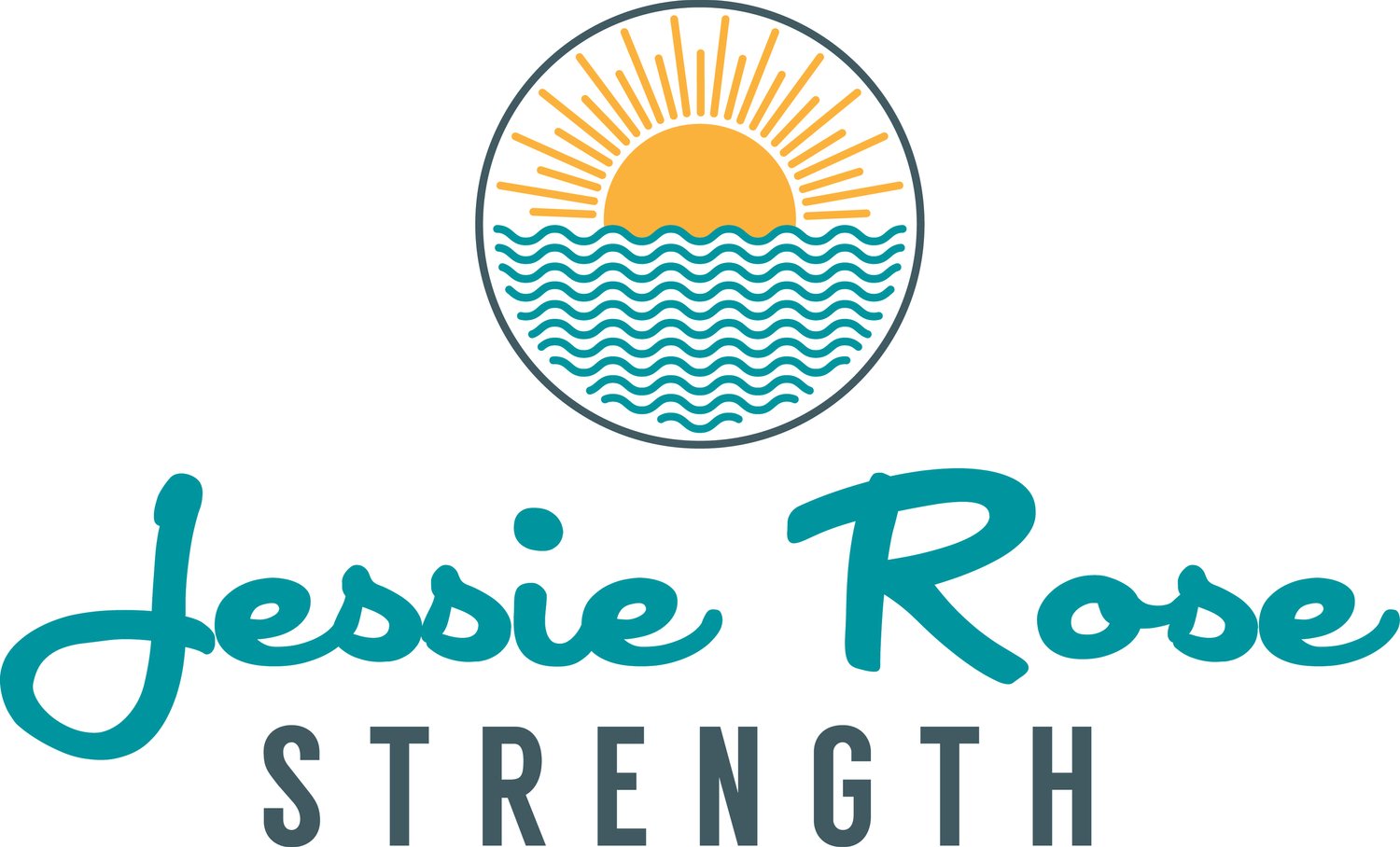Carbohydrates: They Do a Body Good.
Despite their many health benefits, carbohydrates get mixed reviews. The low-carb fad of the late 90s gave them a bad name and left lingering doubts about how healthy carbs can be.
Carbohydrates are one of the three main macronutrient groups. They are classified in two main categories: simple carbs and complex carbs. Simple carbs are what contribute most to their bad reputation. They digest quickly and cause rapid spikes in blood sugar, which inevitably lead to an impending crash. Simple carbs are found in table sugar, candies, sugary drinks, fruit juices and some processed foods. Complex carbohydrates have a lot more bang for their buck: they digest slowly, providing sustained energy and help maintain stable blood sugar levels. Complex carbs are found in whole grains, legumes, starchy vegetables and high-fiber foods.
Carbs perform many important functions in the body: they are a primary energy source, which spares the use of protein as an energy source, allowing it to perform its primary functions of building and repairing tissues. Carbs support brain function, blood sugar regulation, and bring with them all the benefits of fiber, such as digestion, cholesterol reduction, and gut microbiome support.
I’m sold, carbs sound great. What carbs should I eat?
Here are a few options:
Grains: Brown rice, quinoa, oats, wild rice, whole wheats breads and pastas
Legumes: lentils, beans, chick peas
Starchy vegetables: potatoes, squash, pumpkin, beets
Non-starchy vegetables: Broccoli, spinach, zucchini, bell peppers
How ‘bout fruits?
Fruits are a great source of complex carbohydrates, they are generally also high in fiber, vitamins, minerals, and antioxidants. You might go so far as to say they are berry good for you…
Carbs seem pretty solid, so what’s all the debate about?
The main argument against carbs is most likely due to the misunderstandings about the role of simple carbs compared to complex carbs. Because the simple carbs cause a rapid blood sugar spike they trigger a large insulin response, which then leads to overeating and promotes fat storage, which can lead to weight gain. In addition, some people will experience a short term water-weight loss at the onset of a low carb diet as glycogen (stored sugar from carbs) binds with water.
Carbohydrates ARE broken down into glucose, which is used by cells for energy. We know that sugar comes with its own host of concerns, but the sugars from complex carbohydrates are beneficial because of the company they keep and are especially important to high-energy-demand tissues like the brain, muscles, and the heart. Excess sugars from complex carbs are stored as glycogen in muscles and the liver, where they act as a reserve for when energy demand increases or glucose intake is low. These reserves are healthy and necessary.
Carbs themselves are not "bad"; it's the type, quantity, and context of consumption that matter. A well-balanced diet that includes healthy carbs can support overall health and well-being.


